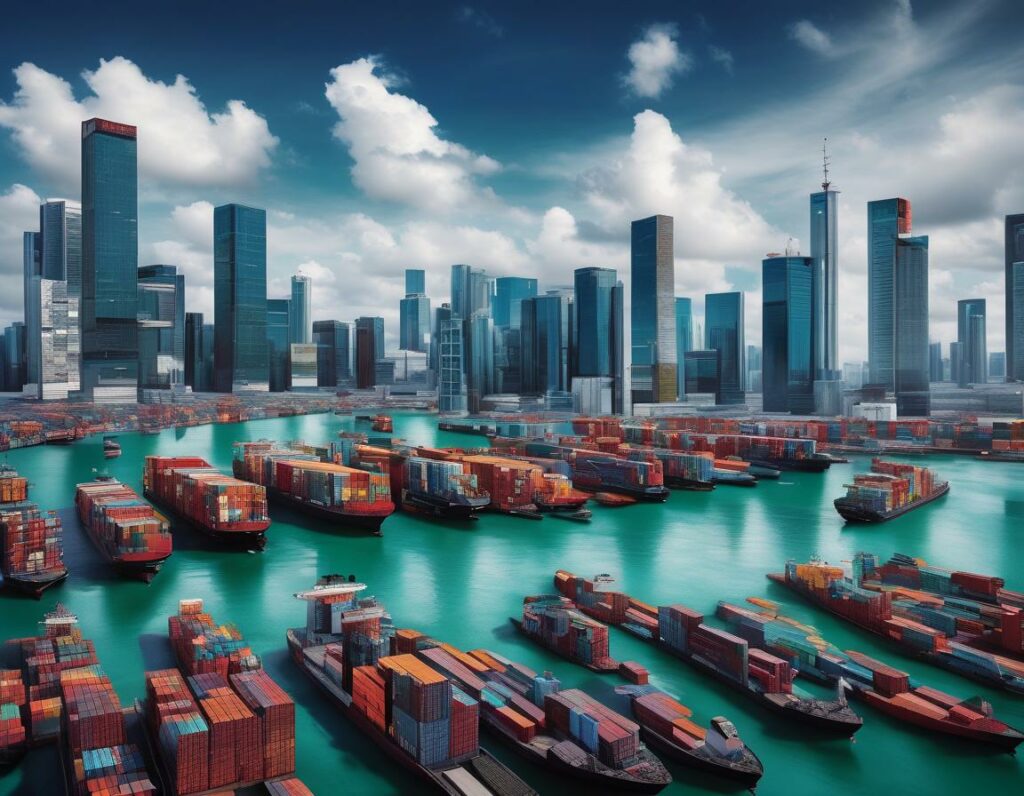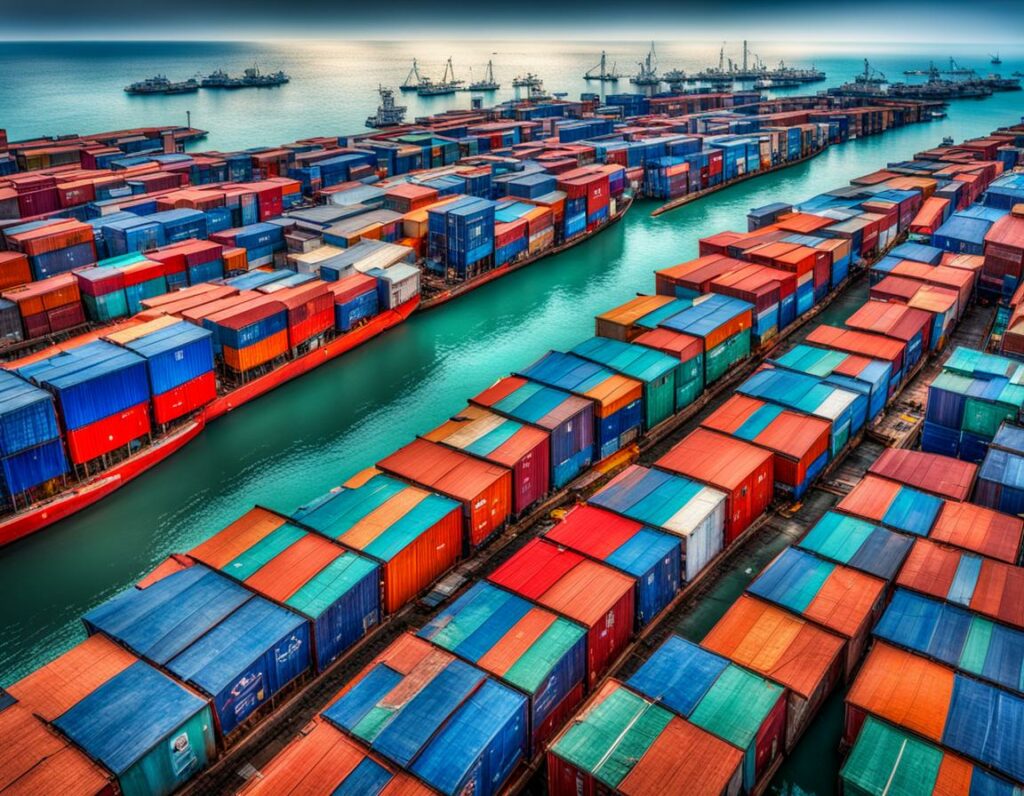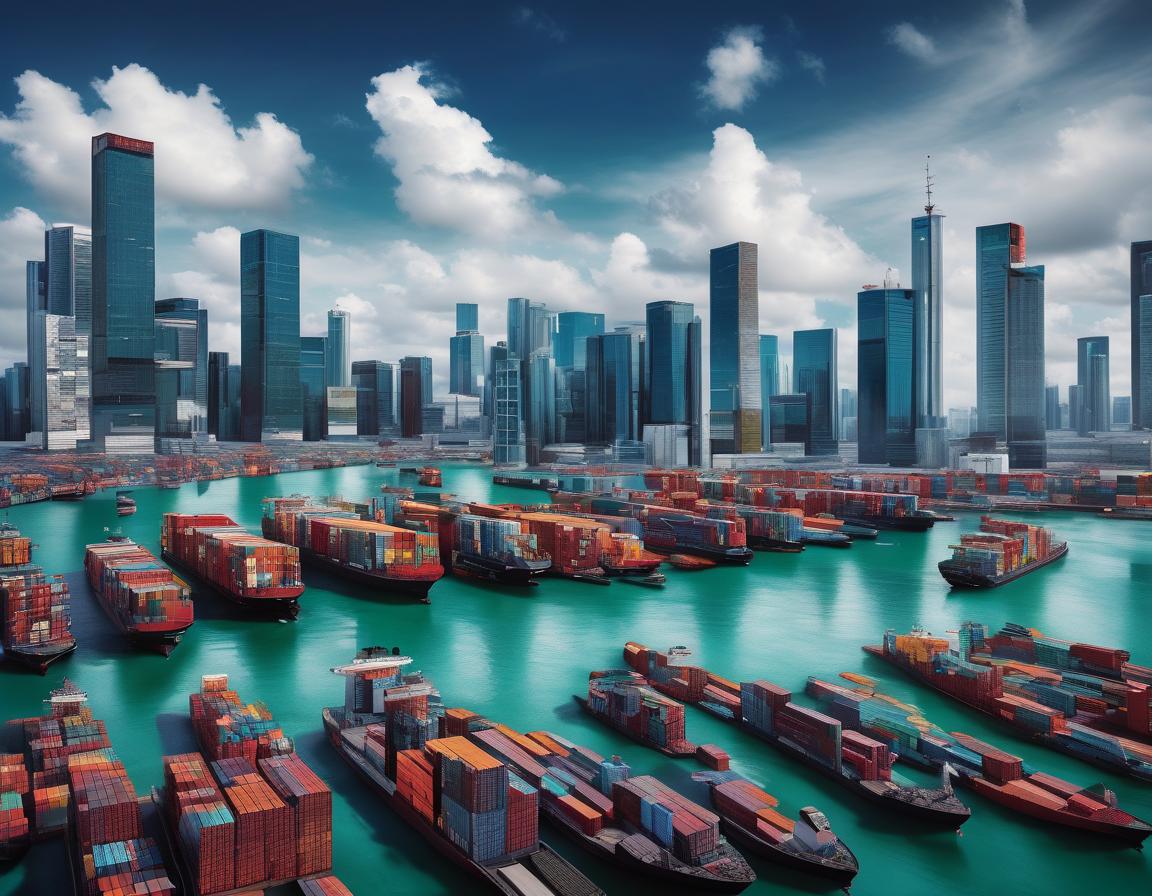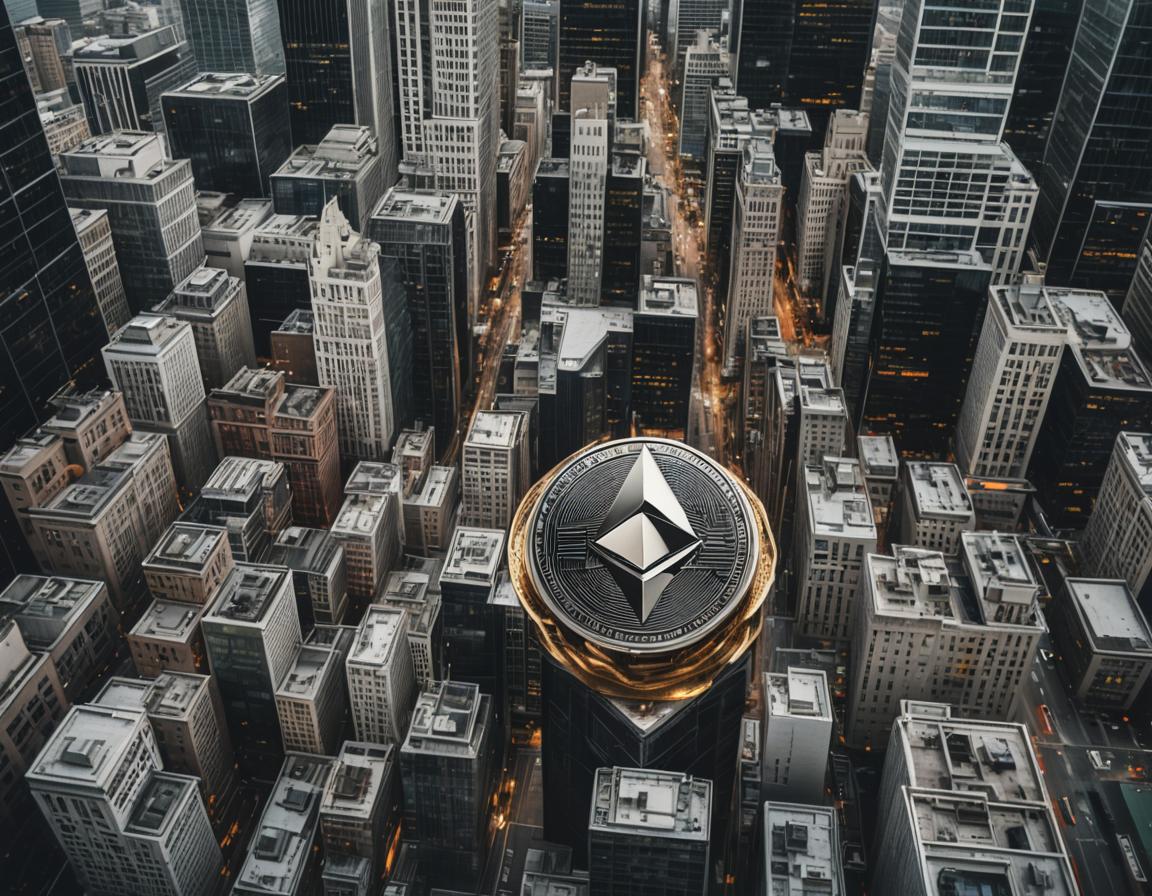
Introduction
The financial landscape in the APAC region is thrilled with the rise of tokenized Real World Asset (RWA) investments. These assets, which include stocks, bonds, real estate, and commodities, are converted into digital tokens on a blockchain, opening up new possibilities for investors and financial institutions.
Tokenized RWAs represent ownership of real assets on a blockchain. Tokenization fragments ownership into smaller units, making investments that were previously reserved for large investors accessible to a wider audience.
Recent Developments in APAC
As of December 2023, the tokenization of real-world assets had garnered significant attention, marking the beginning of substantial interest. The total value of tokenized assets across public blockchains had already reached $118.57 billion, with predictions suggesting it could soar to $10 trillion by 2030.
Several macroeconomic shifts and technological advancements in secure custody, trading, and settlement processes have made investing in tokenized assets more attractive. Regulatory clarity and property rights enforcement are expected to make 2024 the pivotal year for RWAs.
Countries in the Asia-Pacific could be a promising market for RWA platforms. This is not only due to the substantial population in the region but also because it serves as an early adopter of crypto-blockchain technology. Moreover, political support for these adoptions is evident, as seen in the case of the prime minister of Thailand who holds a pro-crypto stance. Recently, he announced a $1 billion tax break for all investment tokens, further indicating a favourable environment for such initiatives.
The Klaytn Foundation, dedicated to advancing South Korea’s primary Layer 1 blockchain Klaytn, has revealed the launch of $GPC (Gold-Pegged Coin) by Klaytn Governance Council member CREDER. This digital asset is pegged to real-time gold market prices, and alongside it, CREDER launched Goldstation, a decentralized finance (DeFi) platform on the Klaytn blockchain. Notably, Goldstation offers $GPC, the first tokenized gold on a DeFi platform outside of Ethereum and the first gold-pegged token to avoid percentage-based transaction fees.
Ondo Finance, a prominent player in Onchain finance, has expanded into the Asia Pacific by opening its first office in the region. The company, already a leading provider of tokenized securities globally, offers three tokenized products—OUSG, providing exposure to US Treasuries; OMMF, exposing investors to US money market funds; and USDY, presenting a yield-bearing alternative to conventional Stablecoins. This expansion aligns with the growing interest in digital assets in the Asia Pacific, driven by factors like a thriving crypto community and evolving regulatory landscapes.
Nathan Allman, founder and CEO of Ondo, expressed excitement about the APAC expansion, citing the region’s active crypto community and the appreciation for high-quality exposure to US assets provided by Ondo’s tokens. This announcement follows Ondo’s recent strategic roadmap and partnerships with Mantle and Solana, aiming to bring USDY to their chains. Ondo Finance, established in 2021, focuses on making institutional-grade financial products accessible to everyone through tokenization and decentralized protocols. The company collaborates with institutional partners like Blackrock and Morgan Stanley and is backed by notable VCs such as Founders Fund, Pantera Capital, and Coinbase Ventures.
Also on 26 April 2024, there will be Asia’s first Real World Asset (RWA) conference, ONCHAIN 2024, it will be hosted by Saison Capital, a venture capital firm based in Singapore.
ONCHAIN 2024 aims to bring together organizations and partners interested in the intersection of traditional finance and Web3, capitalizing on the estimated $16 trillion business opportunity in tokenizing global illiquid assets by 2030. Tokenizing RWAs enables direct exchange without intermediaries and fractional investing, broadening investor access to these assets. The conference will feature speakers from both traditional financial institutions (TradFi) and RWA leaders, including Citibank, Standard Chartered, SCBx, Woori Bank, SBI Holdings, Helicap Group, OpenEden, and Rakkar Digital. Key highlights include keynote speeches, panel discussions on RWA trends, applications, and challenges, as well as tailored networking opportunities.

ChainUp Forges Key Partnership with APTP to Propel RWA Tokenization in Asia Pacific
In a notable development within the financial technology sector, ChainUp, a leading player in blockchain technology, has recently declared its partnership with the Asia Pacific Real World Assets (RWA) Tokenization Platform during the “TradFi and DeFi Unite: From Asia Pacific to the World” Executive Summit. This collaboration signifies a significant stride for ChainUp in promoting the adoption of RWA tokenization across the Asia Pacific region, effectively bridging the gap between conventional and decentralized financial systems.
The Asia Pacific RWA Tokenization Platform, which has a central role in facilitating the tokenization of real-world assets specifically in the Asia Pacific region, exists to ensure and facilitate the collaboration between traditional finance and decentralized finance.
For these reasons, ChainUp has established a strategic partnership with APTP. Beyond the technical aspect, ChainUp is committed to providing professional talent resources crucial for the successful implementation of RWA tokenization projects.
Tokenization Hype: Beyond Security Tokens
Tokenization, especially of real-world assets, has been highlighted as a significant trend in the crypto space. This trend is essentially a rehash of security tokens, similar to those causing excitement in 2018, and it can lead to another bust, as indicated by the Gartner Hype Cycle.
Despite the current excitement surrounding the tokenization of RWAs, challenges persist. Many RWA projects predominantly deal with Stablecoins rather than tangible assets. While tokenization addresses issues in tracking ownership of private assets, it introduces new challenges, especially in liquidity and legality. RWA projects often involve lightly regulated cryptocurrency collateral, resembling a form of rehypothecation.
Tokenization may be a part of the financial evolution, but it requires a comprehensive understanding of the challenges involved, such as the need for a trustworthy ledger. Before succumbing to the hype cycle, a careful examination of past trends and future requirements is essential to avoid potential pitfalls and misjudgments.
Conclusion
The journey of Real World Assets is evolving rapidly, and the APAC region is emerging as a key player in this transformative landscape. As institutions, regulators, and investors navigate this paradigm shift, the potential for tokenized real-world assets to reshape the financial industry remains substantial. With the right regulatory frameworks, technological advancements, and market infrastructure, the coming years may indeed witness the full realization of the promise that RWAs hold for a decentralized financial future.
Join ThePlatform to have full access to all analysis and content: https://www.theplatform.finance/registration/
Disclaimer: https://www.theplatform.finance/website-disclaimer/




